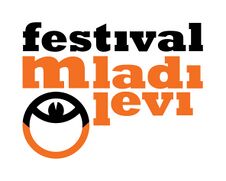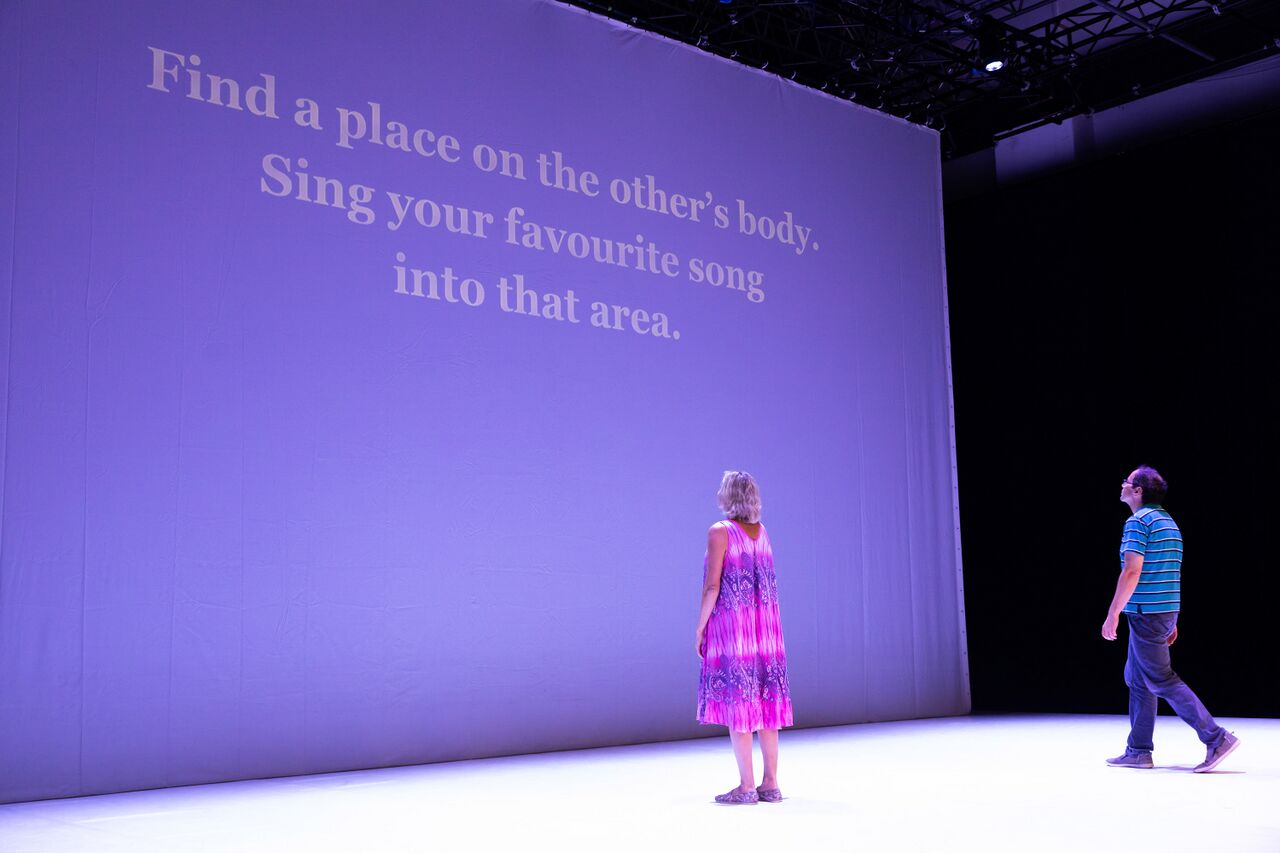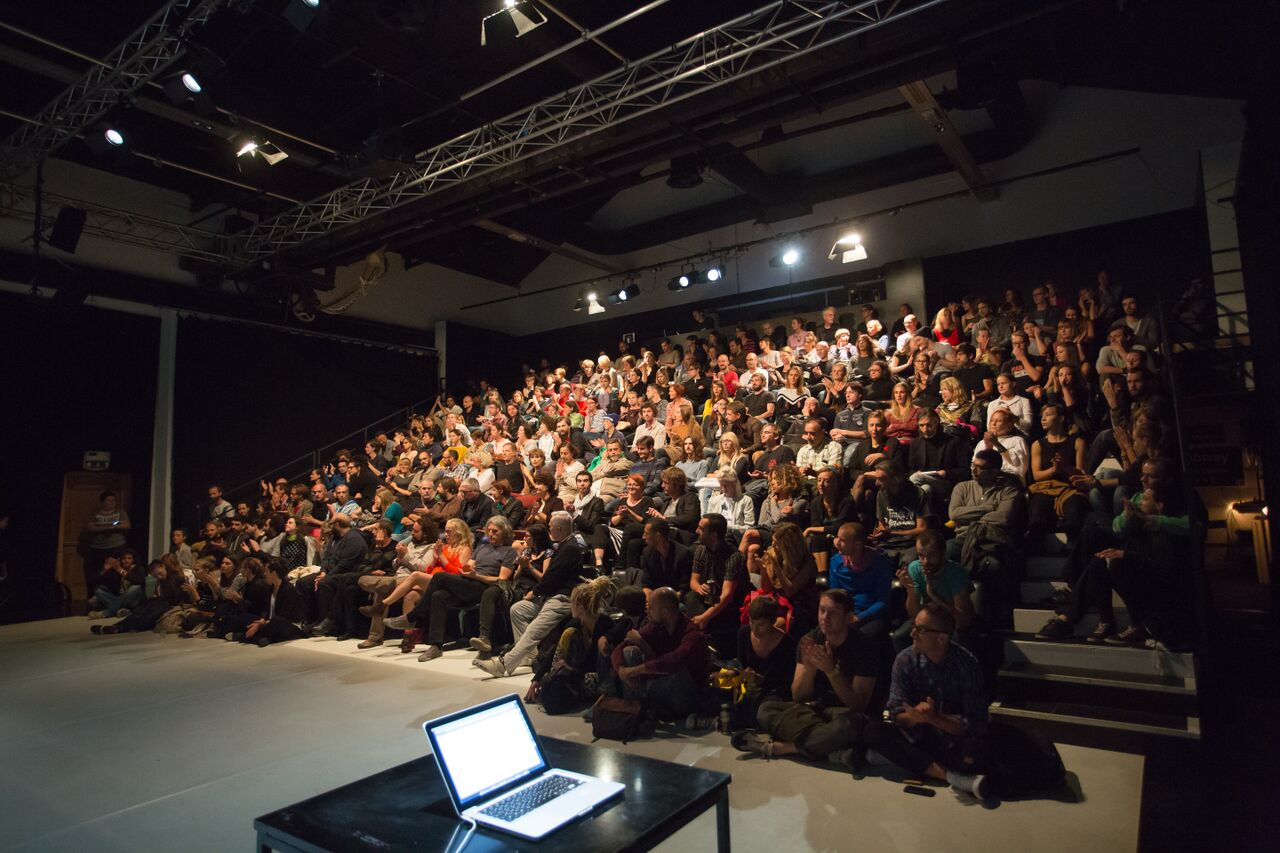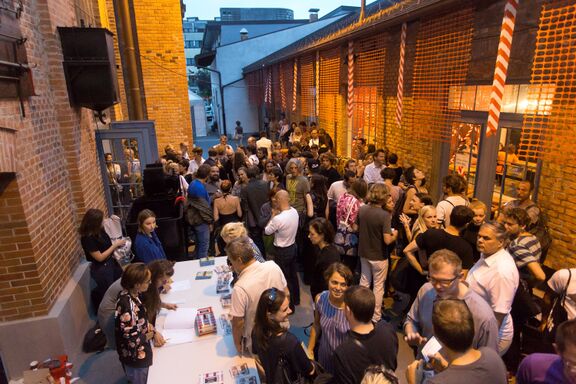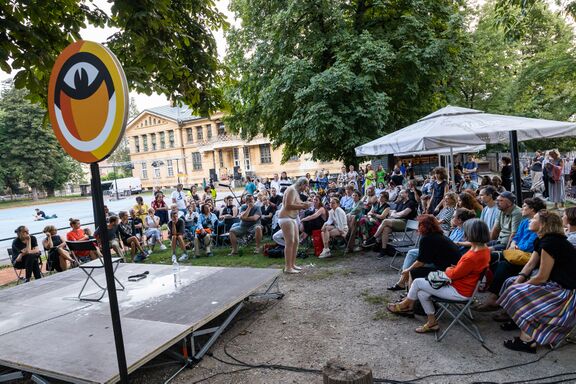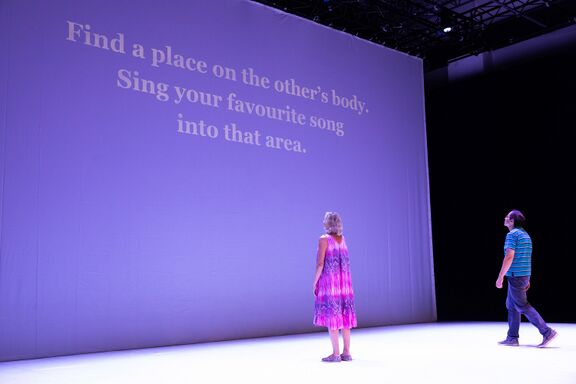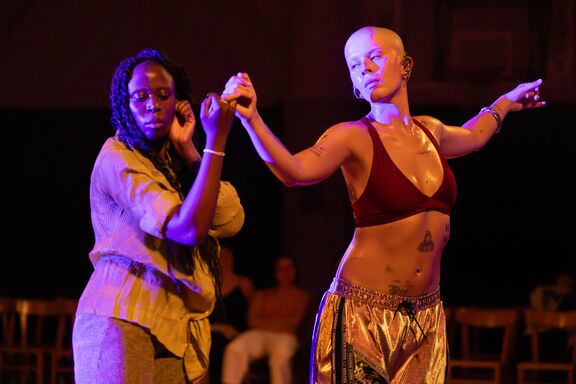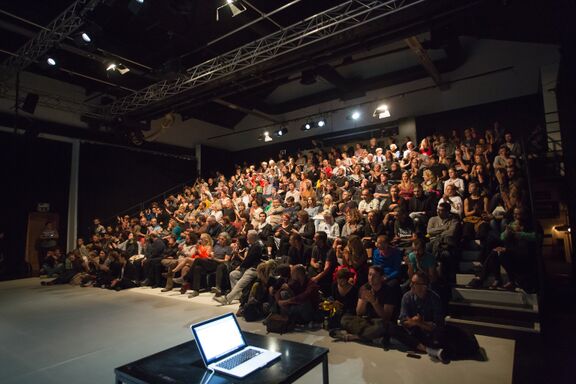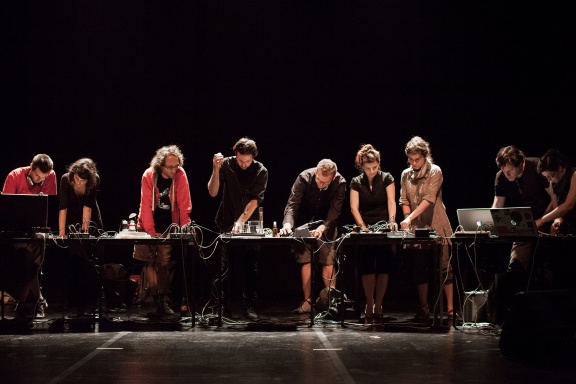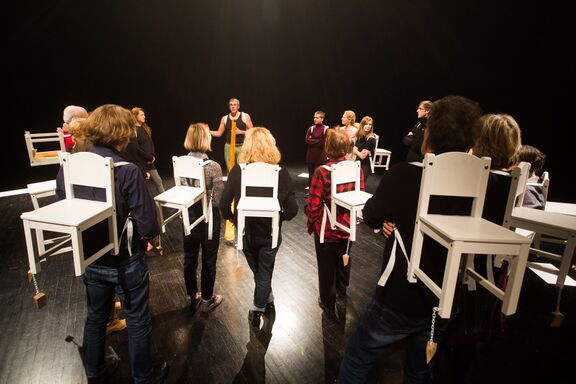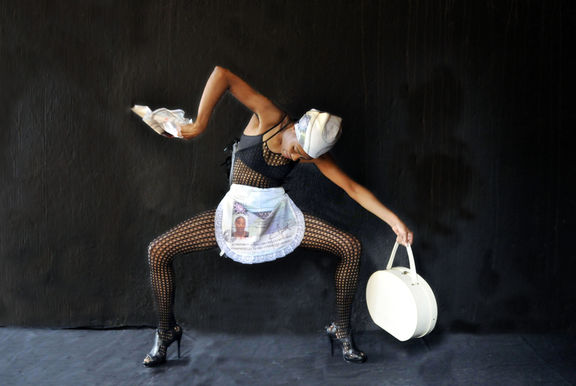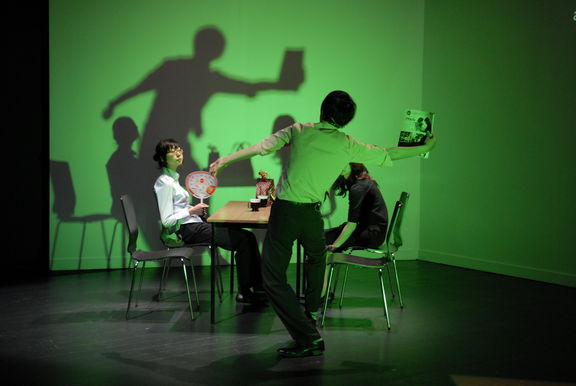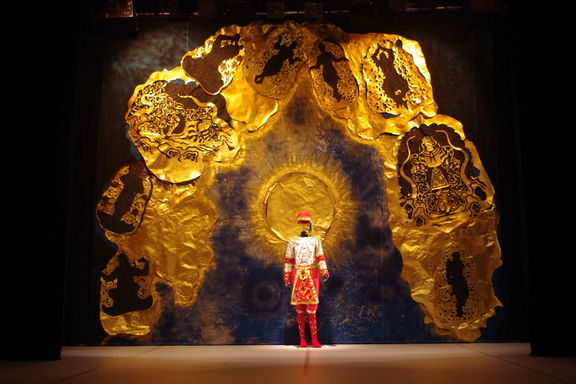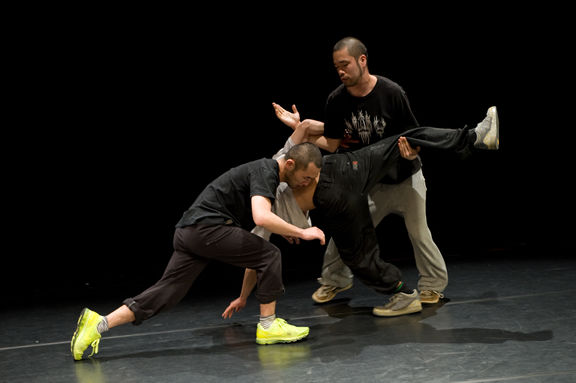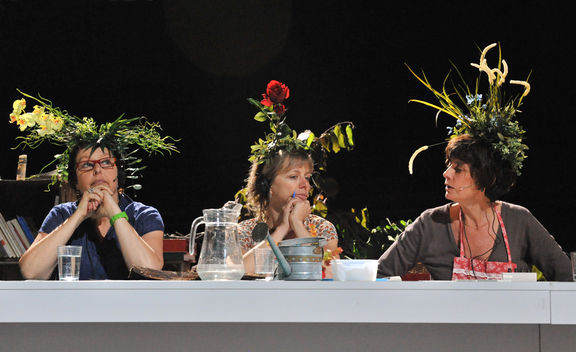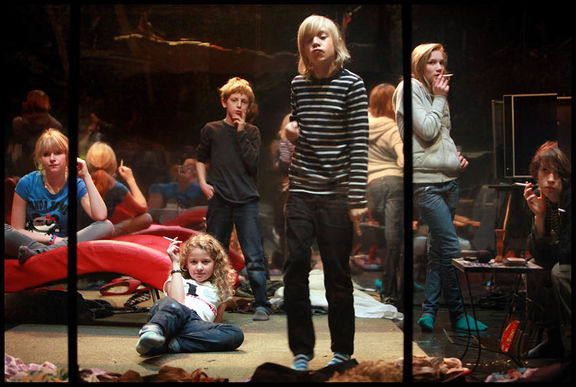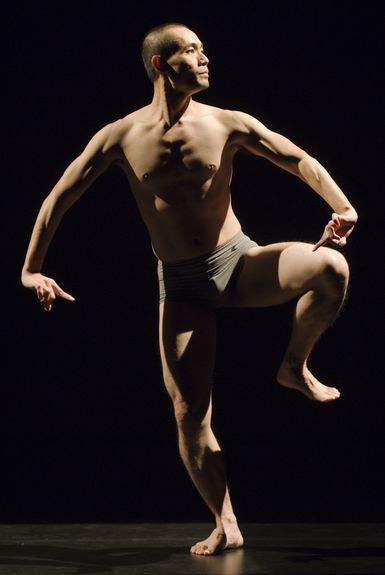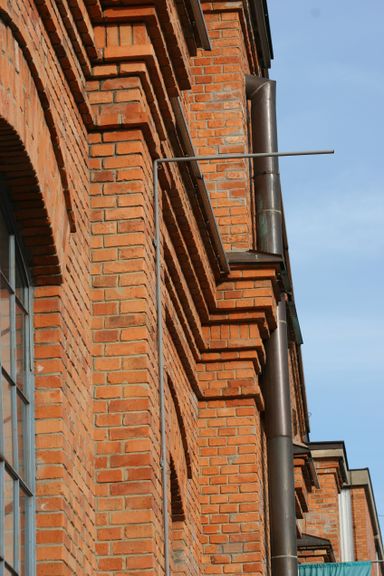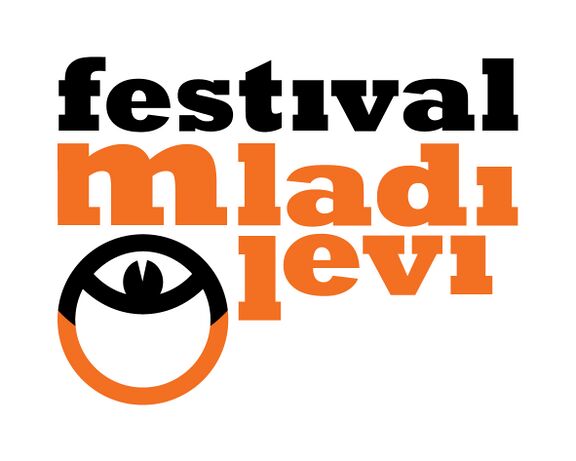Difference between revisions of "Mladi levi Festival"
| Line 69: | Line 69: | ||
In the past, the [[Mladi Levi Festival]] utilized various venues across Ljubljana, among them the [[Railway Museum of Slovenske železnice]] and Tovarna Rog, thus presenting new contemporary productions in juxtaposition with historical heritage. Since 2004, most of the home of the festival is at the [[Stara Elektrarna - Old Power Station]]; the performances are taking place there and in numerous other venues across Ljubljana, among which are Sports Society Tabor, [[Glej Theatre]], [[Ljubljana Puppet Theatre]], [[Španski Borci Culture Centre]]. Some performances and discussions also take place in public space. | In the past, the [[Mladi Levi Festival]] utilized various venues across Ljubljana, among them the [[Railway Museum of Slovenske železnice]] and Tovarna Rog, thus presenting new contemporary productions in juxtaposition with historical heritage. Since 2004, most of the home of the festival is at the [[Stara Elektrarna - Old Power Station]]; the performances are taking place there and in numerous other venues across Ljubljana, among which are Sports Society Tabor, [[Glej Theatre]], [[Ljubljana Puppet Theatre]], [[Španski Borci Culture Centre]]. Some performances and discussions also take place in public space. | ||
| + | {{Image|230818 Mladi levi Obmocje cloveka 085by.nada.zgank.jpg}} | ||
==See also== | ==See also== | ||
Revision as of 14:15, 14 February 2024
Principles
In order to create circumstances where artists and audiences can meet, exchange experiences, and develop future collaborations, the festival invites artists to stay in Ljubljana for the entire length of the festival. This gives them a chance to see each other's work, have the time and opportunity to talk to other artists and audience members in an informal way, and plan future collaborations.
Programme
The festival has thus far hosted authors such as Martine Pisani, Jérôme Bel, Ivo Dimchev, Eduard Gabia, Vera Mantero, Vitor Rua & Nuno Rebelo, Camille Boitel, the collective Les SlovaKs, The Collective 1927, Stefan Kaegi, Rimini Protokoll, Ivica Buljan, Francesca Grilli, Walid Raad, Tim Etchells, Ant Hampton, Chiara Bersani, Lucy McCormick, Jaha Coo, Beton Ltd., and numerous others, as well as organized a number of roundtables, workshops, and discussions.
During some editions, the festival journal Arena was published, covering the festival's performances. The contributions were mainly written by young writers in collaboration with the Maska Magazine. In 2010, it was also available online on the Sigledal.org - Slovene theatre portal. In 2017, yet another outlet was created, a website portal for criticism called Kriterij, which was upgraded into Aplavz.art in 2022, featuring critics of the performances and articles about connected topics.
Collaborations and venues
The festival collaborates with various producers and groups such as Beton Ltd., Sploh Institute, MoTA Museum of Transitory Art, Via Negativa, ProstoRož, and others. The festival also presented three emerging makers, former participants of the Nomad Dance Academy Slovenia.
Often, the festival opens important themes through performances and discussions. This happens in the format of Discussion Café, which takes place in public space under the trees, or through special events such as conferences, forums, or artistic activities (e.g., in the frame of the Mediterranean experiment Sostenuto, the festival also organized the project My Street, within which a street exchange focused on all sorts of exchange and sharing on the basis of solidarity in a direct and money-free spirit; the festival featured the forum about emotional materialism through the international project Trans-making, a conference about art and communities Create to Impact, and a conference about the themes of art and ecology in the frame of ACT – Art, Climate, Transition international network). In the 2024 edition, Mladi levi is hosting the Shared Landscapes international co-production with Rimini Protokoll featuring four days of performances happening in the woods.
In the past, the Mladi Levi Festival utilized various venues across Ljubljana, among them the Railway Museum of Slovenske železnice and Tovarna Rog, thus presenting new contemporary productions in juxtaposition with historical heritage. Since 2004, most of the home of the festival is at the Stara Elektrarna - Old Power Station; the performances are taking place there and in numerous other venues across Ljubljana, among which are Sports Society Tabor, Glej Theatre, Ljubljana Puppet Theatre, Španski Borci Culture Centre. Some performances and discussions also take place in public space.
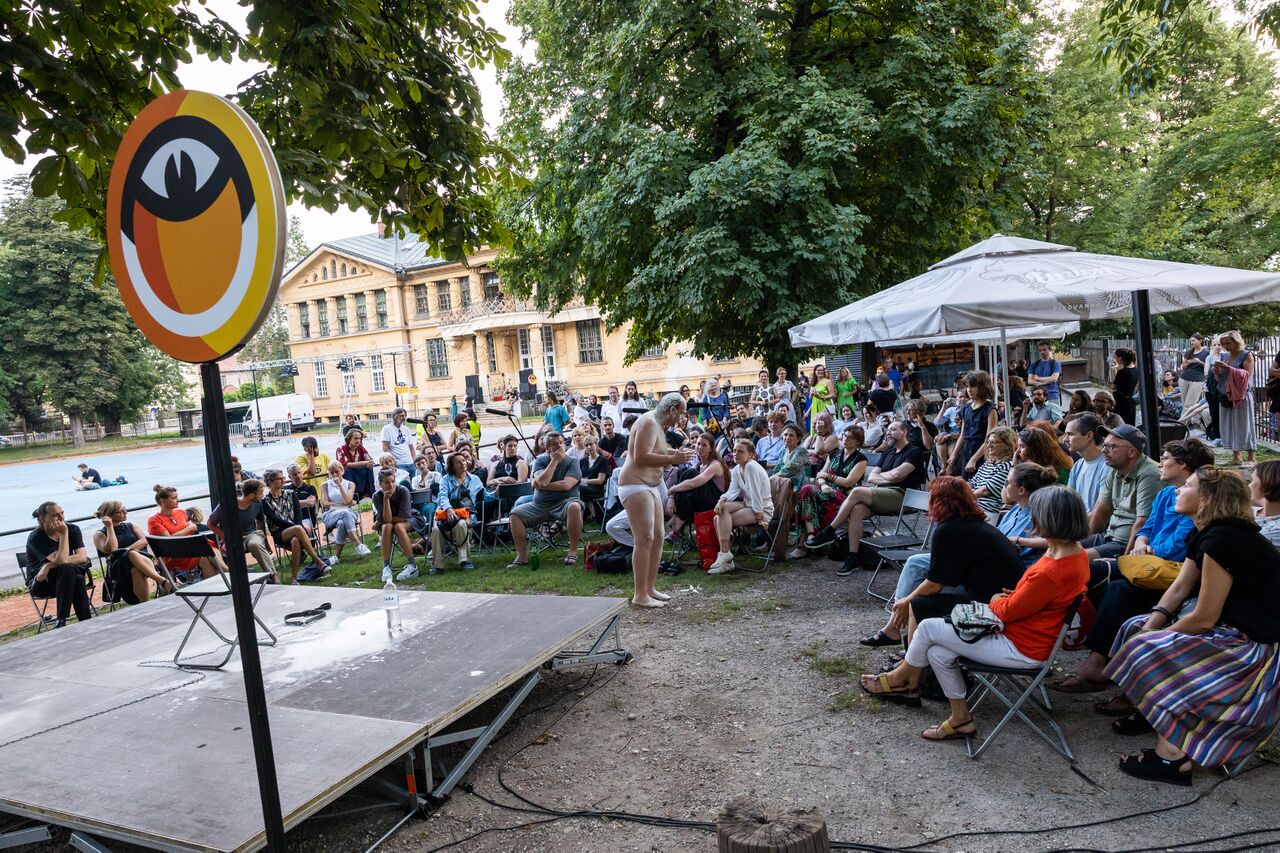 Performance Human Territory by Slovenian artist Gregor Zorc, taking place at the Sports Society Tabor, Mladi levi Festival, 2023. Author: Nada Žgank
Performance Human Territory by Slovenian artist Gregor Zorc, taking place at the Sports Society Tabor, Mladi levi Festival, 2023. Author: Nada Žgank
See also
External links
- Mladi levi Festival web page (in English)
- Bunker Institute website



